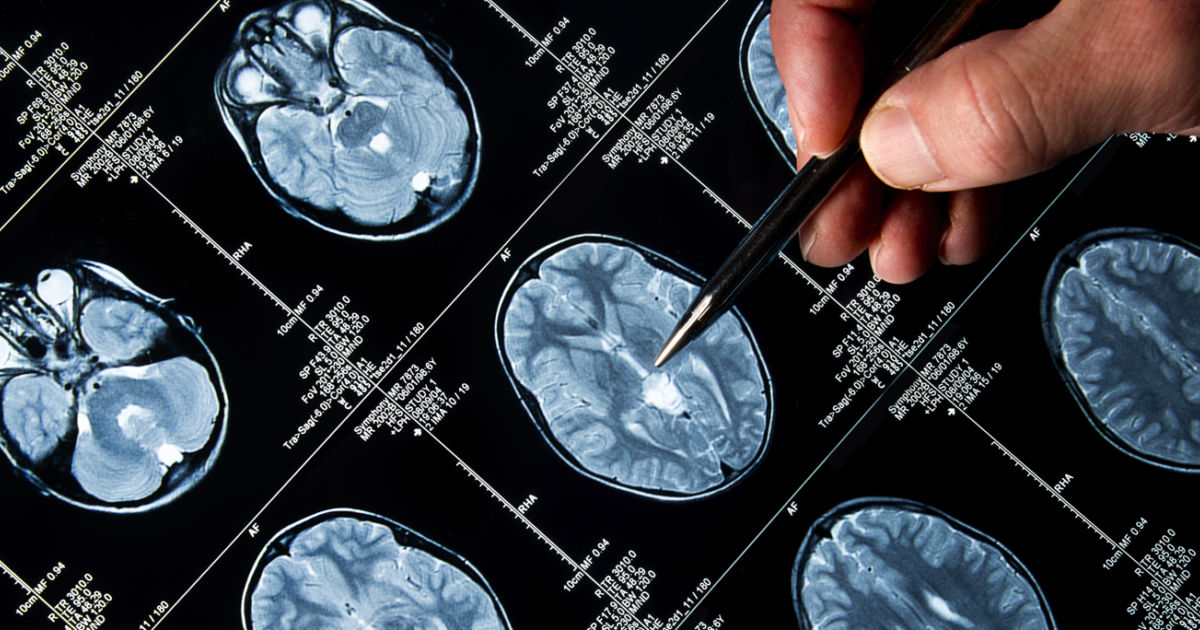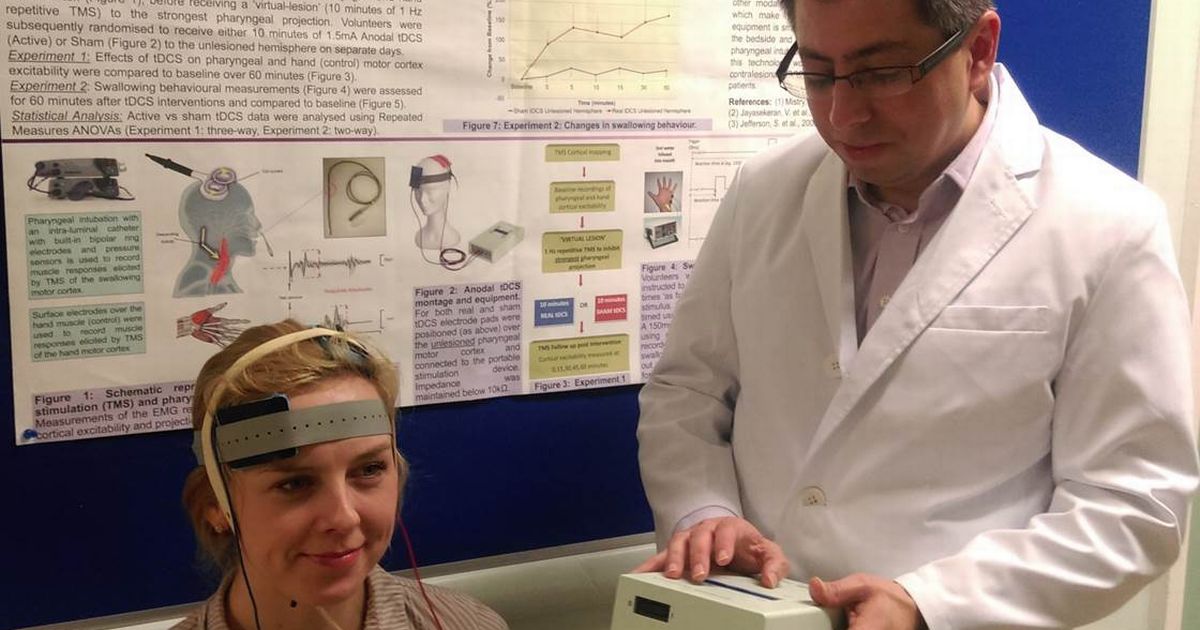Guide To The Causes Of Grand Mal Seizures
Of the many different types of seizures someone can be affected by, among the most common is the grand mal seizure. When someone is suffering from a grand mal seizure, they will experience such symptoms as severe muscle contractions and a loss of consciousness. This seizure is caused mainly by abnormal electrical activity in the brain, though a range of health issues can also trigger such a seizure. Even though the initial symptoms of grand mal seizures are serious and can create a range of complications depending on what the patient was doing when the seizure happens, treatment is usually unnecessary. There are two separate stages of grand mal seizures, which are referred to as the tonic and clonic phases. When going through the tonic phase, patients will experience a loss of consciousness as well as a sudden contraction of their muscles, which will cause them to fall down. This phase lasts for around twenty seconds. The clonic phase involves rhythmic contractions of the muscles that last for around one to two minutes.
Encephalitis

Encephalitis is an inflammation of the brain typically caused by some sort of infection. The symptoms patients experience when affected by this condition usually mirror those of the flu like a headache or a fever. However, it's possible patients won't experience any symptoms. The infection that causes encephalitis can be either bacterial or viral in nature. While this condition can range in severity from mild to serious, the majority of cases are mild with symptoms that won't cause many complications. Ample rest and drinking large amounts of fluids may be all that's needed to get rid of encephalitis. Severe cases of encephalitis can cause symptoms like a sudden fever, severe headaches, confusion, vomiting, and seizures. Babies affected by this inflammation will typically go through additional symptoms like body stiffness and bulging around the skull.
Stroke

A stroke is brought about by a disruption of blood supply to a portion of the brain, which will keep the brain tissues from obtaining the nutrients and oxygen they require. Without these nutrients and oxygen, cells within the brain can begin to die in a matter of minutes. A stroke is always considered a medical emergency, which is true even if it's a mild one. Quick treatment can lessen the amount of damage that occurs to the brain while also reducing the possibility of any additional complications. In many cases, there will be telltale signs a stroke is about to take place or has already begun. Likely the most common sign is having difficulties speaking and fully comprehending what's going on. Patients might also find it difficult to walk properly. Headaches and paralysis in certain areas of the face and arms are also common. There are times when the disruption or reduction of blood supply to the brain can cause the patient to experience a grand mal seizure.
